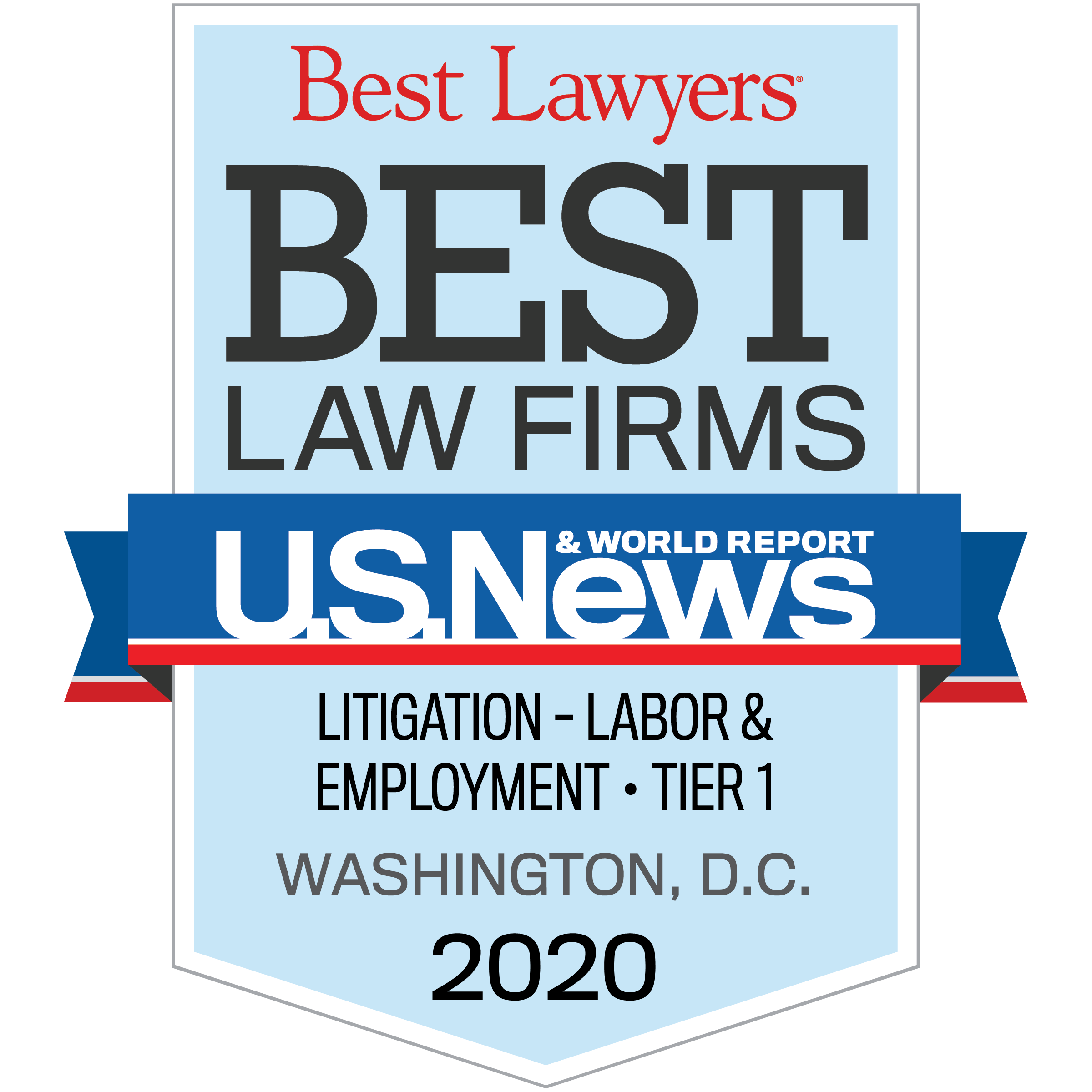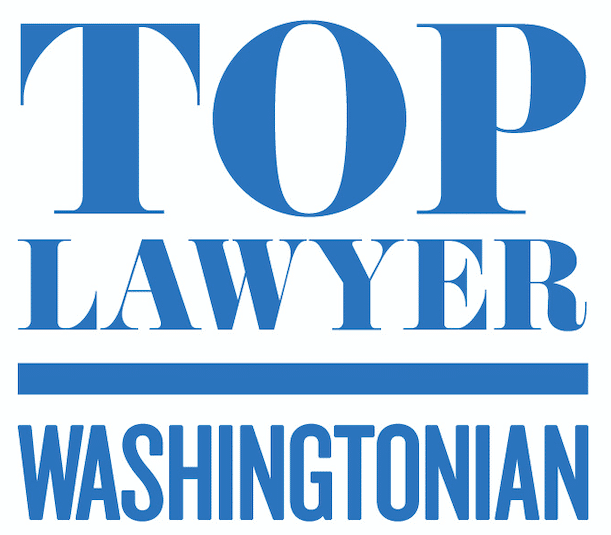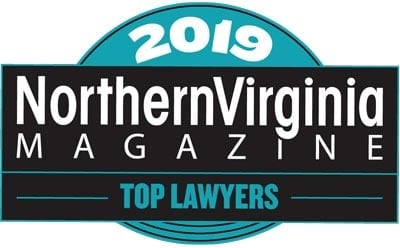
Law Firm Representing Virginia, Maryland and Washington DC Employees in Non-Compete Litigation
When an employer sues a former employee for an alleged breach of a non-compete or non-solicitation agreement, the stakes are high. The employer suing to enforce the agreement can potentially obtain an injunction enforcing the agreement and other damages, including attorney fees. These cases can move at warp speed and an injunction can drastically alter the rights of the parties.
The non-compete attorneys at Zuckerman Law litigate non-compete disputes and advise clients in a wide range of industries on the enforceability of non-compete agreements. The firm takes a practical approach aimed at enabling our clients to pursue their careers while mitigating risk, but also relishes the opportunity to combat heavy-handed attempts to block lawful competition. Recently Wired magazine quoted Jason Zuckerman about a high-profile trade secrets lawsuit.U.S. News and Best Lawyers® have named Zuckerman Law a Tier 1 firm in Litigation – Labor and Employment in the Washington DC metropolitan area in the 2018 edition “Best Law Firms.” Click here to read reviews and testimonials from former clients.
To schedule a confidential consultation, click here or call us at (571) 288-1309.
Virginia Law Disfavors Restrictive Covenants
Covenants that restrain trade are disfavored by Virginia courts. Modern Env’ts, Inc. v. Stinnett, 263 Va. 491, 493 (2002). Virginia courts employ a three-part test to determine whether the agreement is enforceable. The employer must show that the restraint
- is no greater than necessary to protect a legitimate business interest,
- is not unduly harsh or oppressive in curtailing an employee’s ability to earn a livelihood, and
- is reasonable in light of sound public policy.
Modern Env’ts, Inc. v. Stinnett, 263 Va. 491, 493 (2002). Some of the issues courts will consider include:
- Did the employee have access to confidential information that the employee can use to compete against the former employer? Access to “confidential information makes [a] covenant not to compete more reasonable.” Comprehensive Techs. Int’l, Inc. v. Software Artisans, Inc., 3 F.3d 730, 738-39 (4th Cir. 1993).
- Does the non-compete prohibit a former employee from owning or working for any business similar to the type of business conducted by the former employer? “When a former employer seeks to prohibit its former employees from working for its competitors in any capacity, it must prove a legitimate business interest for doing so.” Home Paramount Pest Control Companies, Inc. v. Shaffer, 282 Va. 412, 416 (2011).
- Is the geographic scope reasonable? Where the geographic scope is indefinite or overbroad, the non-compete may be deemed invalid.
Strategies for Defending Against Non-Compete Litigation
For a summary of strategies for defending against non-compete litigation, click here. Such strategies include:
- File a Declaratory Judgment;
- Challenge the validity of the agreement;
- Assert the “Unclean Hands” Defense; and
- Bring a Counterclaim of Tortious Interference with a Business or Contractual Relationship.
Virginia Employment Lawyers Representing Employees in Non-Solicitation Litigation
To determine whether a non-solicitation clause is valid and enforceable, a court will evaluate whether the “former employee had direct customer contact or substantial knowledge of the employer’s confidential information or methods of operation.” Lasership, Inc. v. Watson, 79 Va. Cir. 205, 210 (Fairfax 2009). An overbroad non-solicitation agreement may be unenforceable. For example, a court declined to enforce a non-solicitation agreement that prohibited a former employee from contacting any of the employer’s customers that had been invoiced in the year before the employee left for a period of two years because it “impose[d] an unreasonable burden on the employee to know all the customers invoiced.” Lasership, 79 Va. Cir. at 210.
But where the restriction in a non-solicitation provision is limited “only to those clients who were contacted, solicited, or served by [the employee] while he was employed by [the employer],” the provision is likely enforceable. Brainware, Inc. v. Mahan, 808 F. Supp. 2d 820, 828 (E.D. Va. 2011)
Representing Virginia Employees in Trade Secret Litigation
We represent employees in trade secret litigation, including cases where a former employer misuses trade secret litigation to block competition. To prevail under the Virginia Uniform Trade Secret Act, the plaintiff must establish that (1) the information alleged constitutes a trade secret, and (2) that the Defendant misappropriated it. Microstrategy v. Bus. Objects. S.A., 331 F.Supp.2d 396, 416 (E.D.Va.2004). A trade secret
- must maintain some independent economic value;
- not be known or readily ascertainable by proper means; and
- be subject to reasonable efforts to maintain secrecy.
Trident Products and Services, LLC v. Canadian Soiless Wholesale Ltd., 859 F.Supp.2d 771, 778 (E.D.Va.2012).










